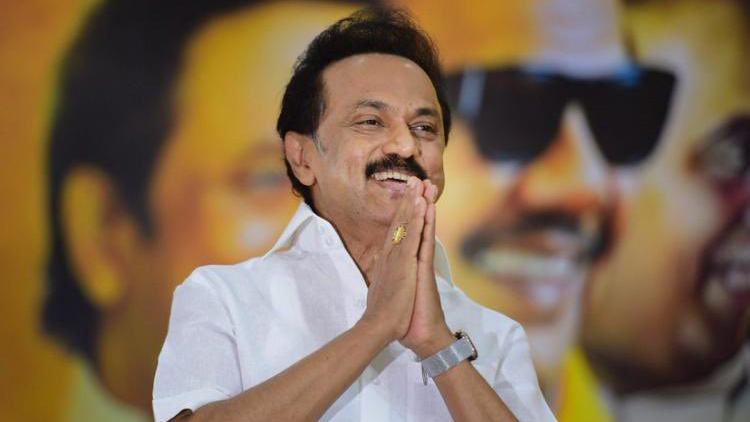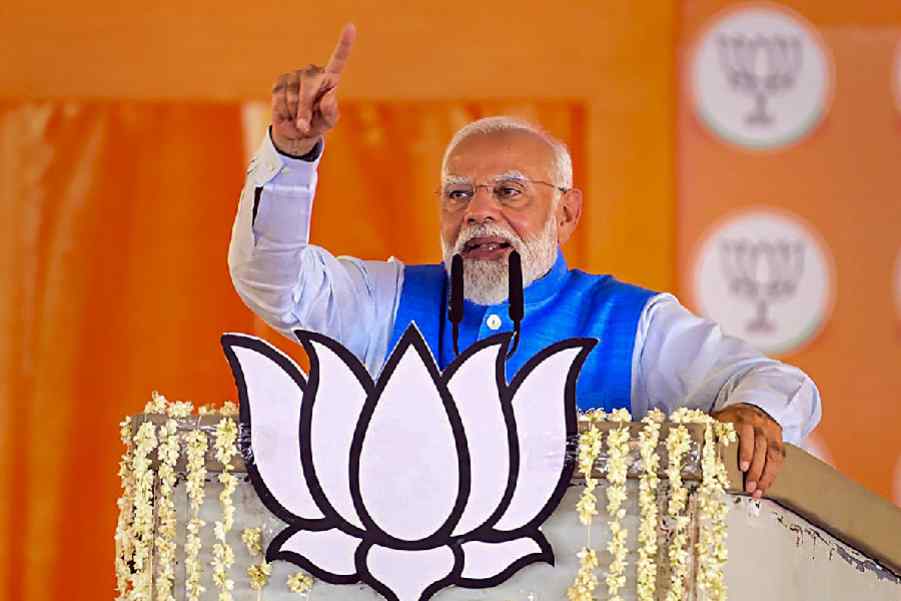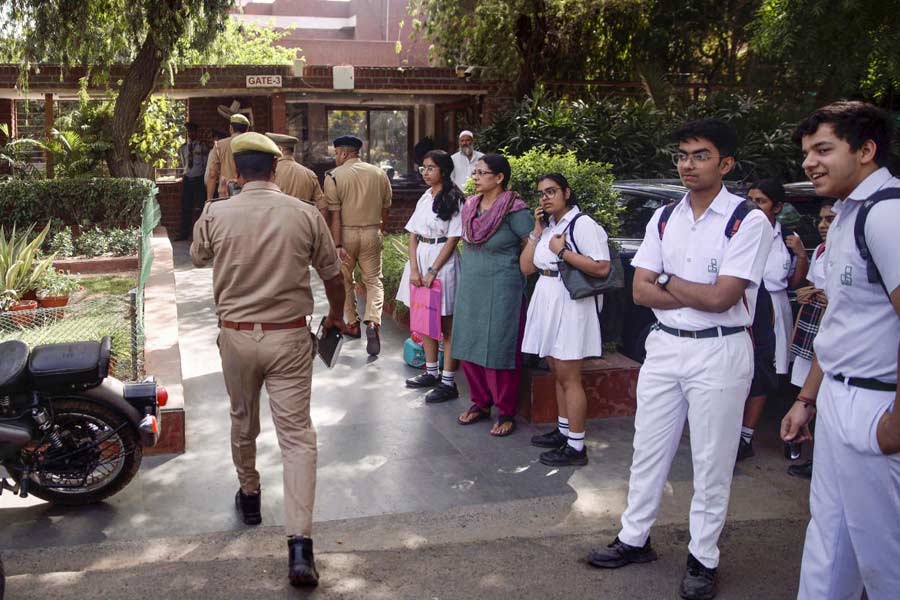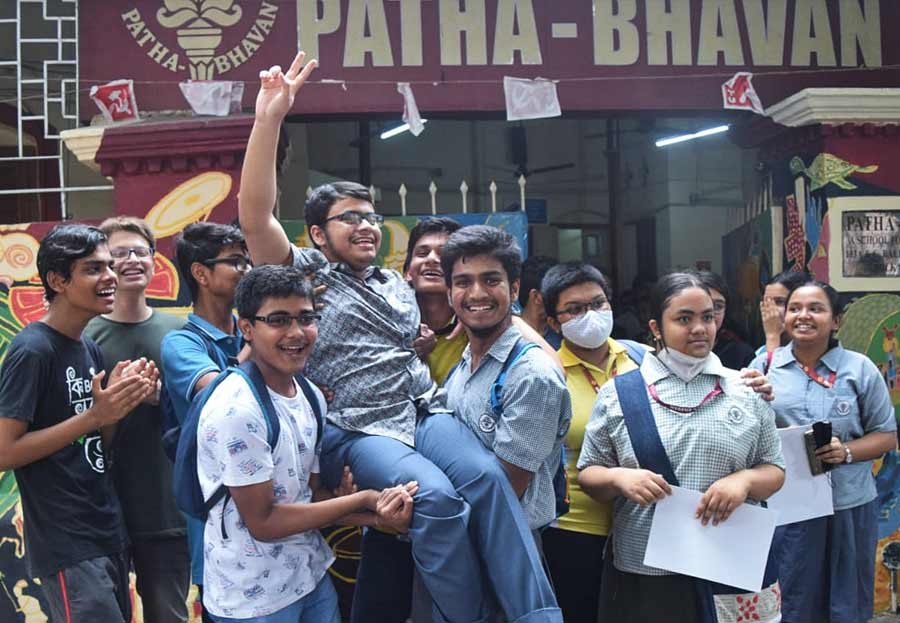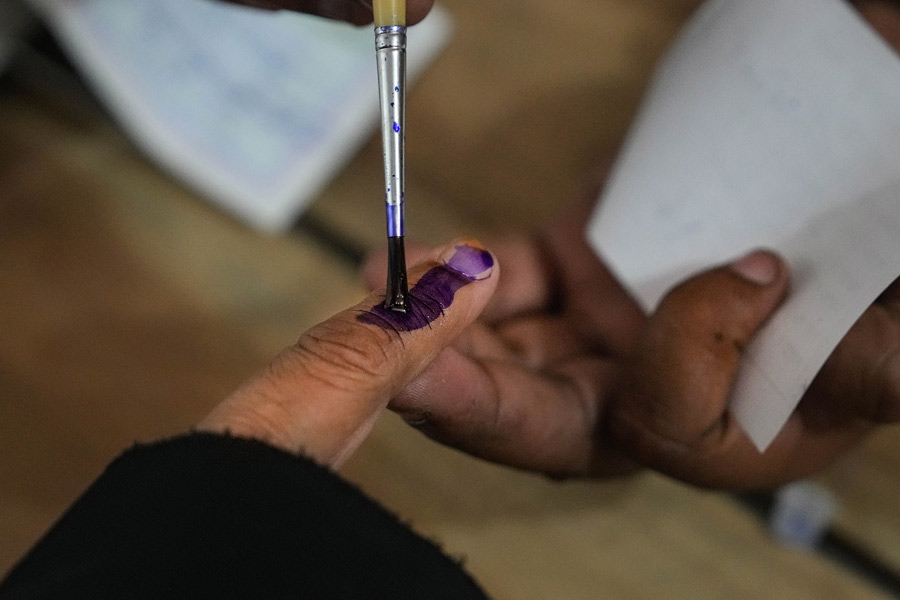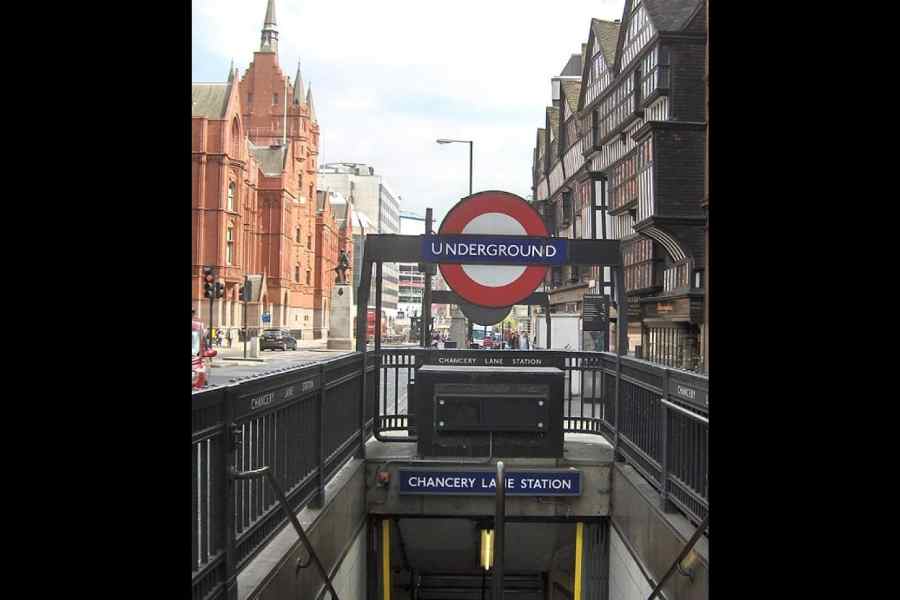When an LPG cylinder exploded inside a car in front of a temple in Coimbatore on October 23 and killed driver Jameesha Mubin, a suspected Islamic State sympathiser, the Tamil Nadu BJP saw its chance to polarise
voters by screaming “jihadi terror”.
The party would have gained encouragement from a precedent in the same city. In February 1998, serial blasts in Coimbatore had killed 58 people, providing fertile ground for a narrative about the ruling DMK being “soft on terror” and bringing political gain to the AIADMK-BJP in that year’s general election.
However, this time DMK chief minister M.K. Stalin acted swiftly and decisively to thwart the BJP’s efforts to turn the blast into a divisive and emotive issue.
- Instead of getting into a security-versus-secularism political slugfest, Stalin intensified security in Coimbatore, got the police to act promptly and arrest six suspects, and then handed over the probe to the National Investigation Agency, virtually taking the wind out of the BJP’s sails. The NIA assumed charge on October 27.
- When state BJP president K. Annamalai asked why the government had taken all of “four days” to refer the case to the NIA — a query raised in public also by the state’s proactive governor R.N. Ravi — Stalin got the police and party leaders to counter the “false news”.
“Some NIA officers were already coordinating with the Tamil Nadu police in Coimbatore from day one, even before the decision to transfer the case to NIA was taken,” industries minister Thangam Thennarasu explained. Stalin recommended the NIA probe on October 26, sources said.
- Earlier, on the evening of October 23 itself, within hours of the 4am blast, the state police arrested Muhammad Talka, Muhammad Azaruddhin, Muhammad Riaz, Firoze Ismail, Muhammad Nawaz Ismail — alleged accomplices of Mubin — and Afsar Khan, a relative of Mubin.
The police had scanned CCTV and purportedly seen Mubin and two others removing LPG cylinders and three cans from Mubin’s house in Coimbatore. After the arrests, forensic tests revealed that the cans contained 75kg of explosives.
The police also began looking for suspected Islamic State operatives and sympathisers across the state, checked out second-hand car and scrap dealers, and wrote to e-commerce vendors of chemicals.
- Immediately after the blast, Stalin directed state police chief C. Sylendrababu and other top officers to travel to Coimbatore and arrange additional deployments. Vehicle checks and patrolling at Coimbatore’s borders were intensified.
- All these measures, taken within hours of the blast, ensured a peaceful Diwali the day after, October 24.
- A meeting of all non-BJP parties was organised, which said the “bandh” that the BJP and its allies had called in Coimbatore on October 30 was uncalled for, as even a small incident could disturb peace. Eventually, the BJP called the “bandh” off at the eleventh hour, following feedback that neither the people nor the traders favoured a day’s shutdown.
- Stalin also announced long-term measures to ensure peace in communally sensitive areas of Coimbatore, declaring that three new police stations would be “immediately established” in the Karumbu Kadai, Sundarapuram and Goundampalayam areas, all close to the blast site.
“The steps taken by the police and the administration under chief minister Stalin’s directives have ensured there was no flare-up, not even a single incident after the explosion, enabling the people to peacefully celebrate Deepavali,” K. Subbaroyan, CPI Lok Sabha MP from Tirupur, told The Telegraph.
Only one of the two LPG cylinders in the car had exploded, and none other than Mubin — the car’s sole occupant —was killed or seriously injured. The police believe the blast was accidental — probably caused when the car swerved to escape a checkpoint — and that the explosives stocked in the house were meant for a future terror attack.
Throughout, Stalin let his ministerial colleagues take on the BJP while remaining aloof himself and focusing on the governance side of the matter. He also took care to distance his administration’s anti-terror actions from any “hate politics”.

